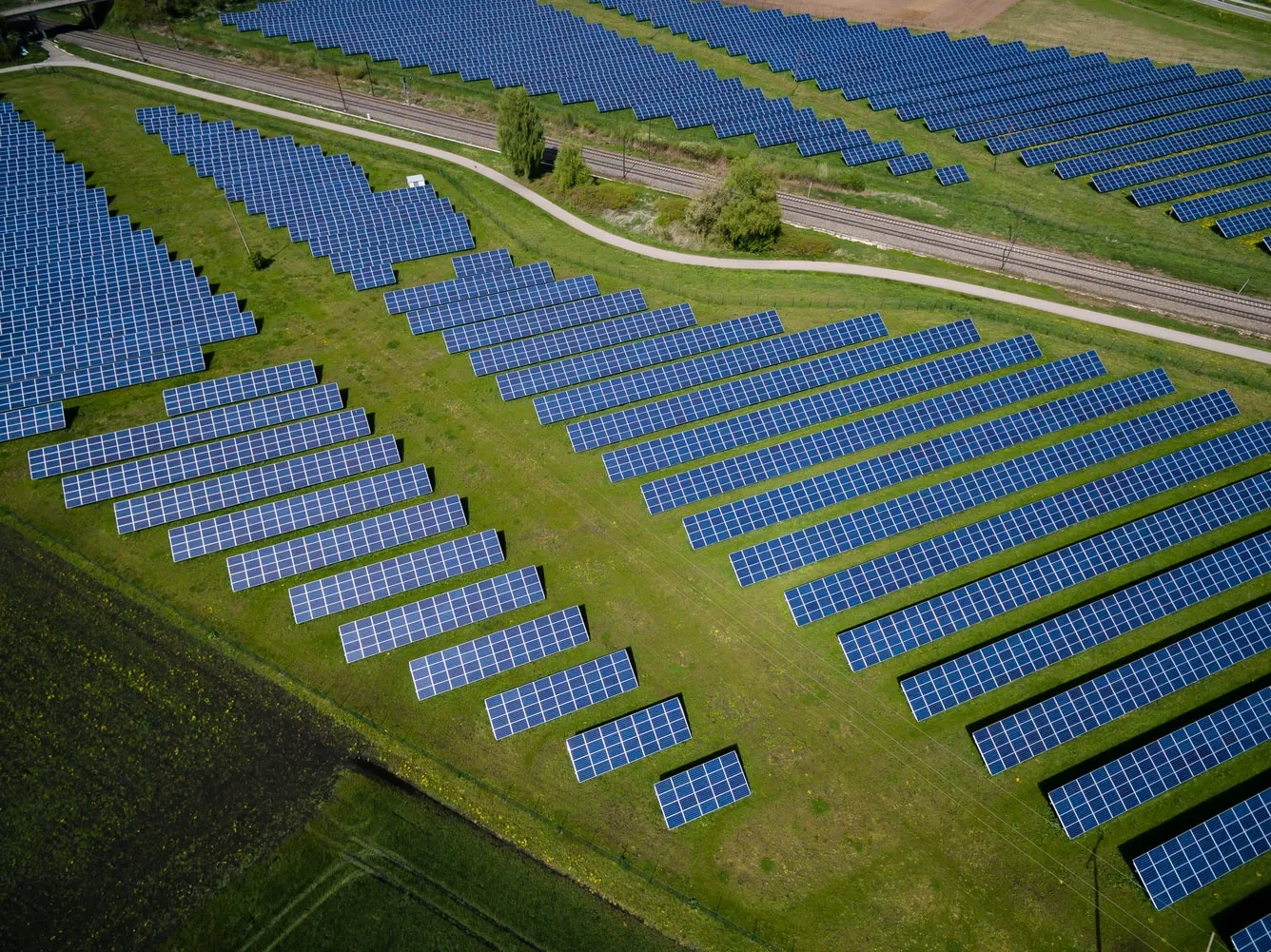EAI were delighted to attend the Energy Ireland 2025 conference, a gathering of the leading voices from across the Irish energy sector. The agenda this year tackled the most pressing challenges and opportunities facing Ireland’s energy system. With contributions from both Irish and international perspectives from Bruegel, the conference painted a clear picture of the strategic direction required to meet Ireland’s climate and energy goals. Here are some of the highlights for the EAI staff that attended.
IRELAND’S ENERGY FUTURE
In a joint ministerial keynote, Darragh O’Brien TD, Minister for Climate, Environment and Energy, and Caoimhe Archibald MLA, Northern Ireland’s Minister for the Economy, laid out a shared political vision for achieving a secure, net-zero energy system across the island. Their addresses outlined policy priorities including accelerating renewable deployment, strengthening energy infrastructure, and embedding climate resilience across all sectors.
Tanya Harrington, Commissioner at the CRU, followed with an overview of the evolving regulatory framework designed to support a decarbonised, secure energy system. EirGrid CEO Cathal Marley addressed the national grid’s transformation, while Declan Meally of the SEAI highlighted ongoing efforts to drive behavioural and structural change across business, transport, and the public sector.
A recurring message throughout this panel discussion was the urgent need to fast-track the North South Interconnector, a critical infrastructure project essential for lowering costs, bolstering Ireland’s energy security, and unlocking the full potential of renewable energy across the island. Furthermore, the acceleration of onshore and offshore wind projects, which are key pillars of Ireland’s decarbonisation agenda was flagged as a top priority for the government.
In Northern Ireland, Caoimhe Archibald announced forthcoming publications detailing a smart meter design plan and a framework to support low-carbon heating and energy efficiency in residential buildings. These measures will drive widespread adoption of low-carbon technologies while stimulating job creation. Meanwhile, EirGrid is enhancing grid integration by connecting new batteries, solar, and renewable resources, supported by cutting-edge information technologies that enable enhanced system monitoring and management of their impact on grid stability.
IRELAND’S ENERGY TRANSITION IN A FRACTURED WORLD
The mid-morning session, Ireland’s Energy Transition in a Fractured World, shifted focus to the global landscape. Cecilia Trasi of Bruegel offered a timely analysis of the potential impact of a second Trump presidency on EU climate ambitions, while Cillian O’Donoghue of Eurelectric (of which EAI is the Irish National Member) redefined energy security in an era where electricity is becoming the backbone of modern economies.
This was followed by a high-level panel discussion featuring Edwina Nyhan (Gas Networks Ireland), Stephen Gallagher (SSE Airtricity), Andrew Mullins (Bord Gáis Energy), alongside Cecilia Trasi and Cillian O’Donoghue. The panel explored the risks and opportunities presented by geopolitical volatility, market uncertainty, and supply chain disruptions, reaffirming the need for a stable investment environment and regional cooperation.
In the afternoon, the focus turned to the practical realities of delivering Ireland’s energy transition. Chaired by Úna Nic Giolla Choille, the session featured insights into regulatory, legal, and financial challenges from a lineup of industry leaders.
John French, Chief Executive of the Utility Regulator, and Niamh McGovern of Arthur Cox discussed the complexity of aligning regulation with climate targets and project timelines. Linda Clarke of Goodbody addressed financing models needed to unlock capital for large-scale renewables and infrastructure projects, while James Delahunt of KPMG offered a strategic view on sectoral transformation. Closing the session, Dara Lynott of the Electricity Association of Ireland stressed the importance of enabling policies and system integration to support the move to a “zero e-mission” future.
Across the day, discussions at Energy Ireland 2025 underscored that while the path to decarbonisation is complex, there is clear alignment among policymakers, regulators, and industry on the urgency of implementing a resilient and increasingly decarbonised energy future.

